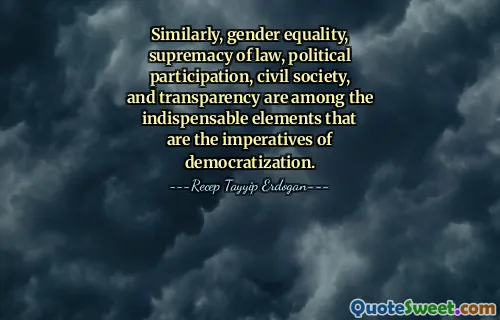Recep Tayyip Erdogan, born on February 26, 1954, in Istanbul, is a prominent Turkish politician who has significantly influenced the country's contemporary political landscape. Initially gaining recognition as the Mayor of Istanbul from 1994 to 1998, he later founded the Justice and Development Party (AKP) in 2001. His leadership within the party led to its remarkable electoral success in 2002, which marked the beginning of a new era in Turkish politics characterized by economic growth and increased political stability.
As Prime Minister from 2003 to 2014, Erdogan implemented a series of reforms aimed at modernizing Turkey's economy and improving its global standing. His tenure saw significant infrastructure projects, economic expansion, and efforts to strengthen Turkey's ties with the European Union. However, his increasingly authoritative style of governance has drawn criticism, particularly regarding human rights, press freedoms, and political dissent.
In 2014, Erdogan transitioned from Prime Minister to President, a position he secured through constitutional changes that increased executive powers. His presidency has been marked by controversies and tensions, especially following the failed coup attempt in 2016. Erdogan's policies and approach to governance continue to shape Turkey's role on the world stage and have left a lasting imprint on the nation’s identity and political dynamics.
More »
Today Birthdays
1887 -
Robinson Jeffers
1864 -
George Washington Carver
1936 -
Stephen Ambrose
1953 -
Pat Benatar
1949 -
George Foreman
1945 -
Rod Stewart
1936 -
Robert Woodrow Wilson
1938 -
Donald Knuth
1974 -
Hrithik Roshan
1956 -
Antonio Munoz Molina
1980 -
Sarah Shahi
1936 -
Al Goldstein
1939 -
David Horowitz
1955 -
Michael Schenker
1986 -
Abbey Clancy
1959 -
Chris Van Hollen
1989 -
Emily Meade
